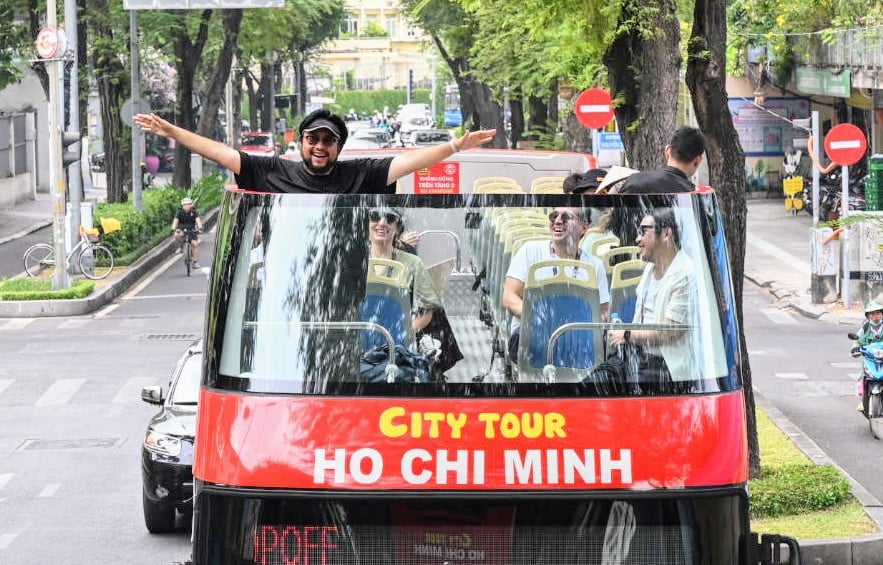
Behind in the "race" to attract customers in the area
At the workshop "Which tourists should Vietnam exempt from visas?", many tourism businesses said that although Vietnam's visa policy has been improved, it is still "modest" compared to neighboring countries. As of April 2025, Vietnam only exempted visas for citizens of 29 countries and territories, with stays ranging from 14 to 90 days. Meanwhile, Thailand has exempted visas for more than 90 countries, while Malaysia has over 160 - a clear gap in the competitiveness of the tourism industry.
Sharing about this issue, Mr. Nguyen Ngoc Toan, Editor-in-Chief of Thanh Nien Newspaper, said that expanding visa policy is not about loosening control, but about opening the door to welcome high-quality, high-spending visitors, in line with Vietnam's sustainable tourism development orientation.
"If Vietnam wants to improve its competitiveness, it must boldly remove visa barriers. The list of visa-exempt countries needs to be expanded, especially for strategic markets such as Europe, North America, Australia and New Zealand, where there are many long-term visitors, high spending and the need to experience local culture," Mr. Nguyen Ngoc Toan suggested.
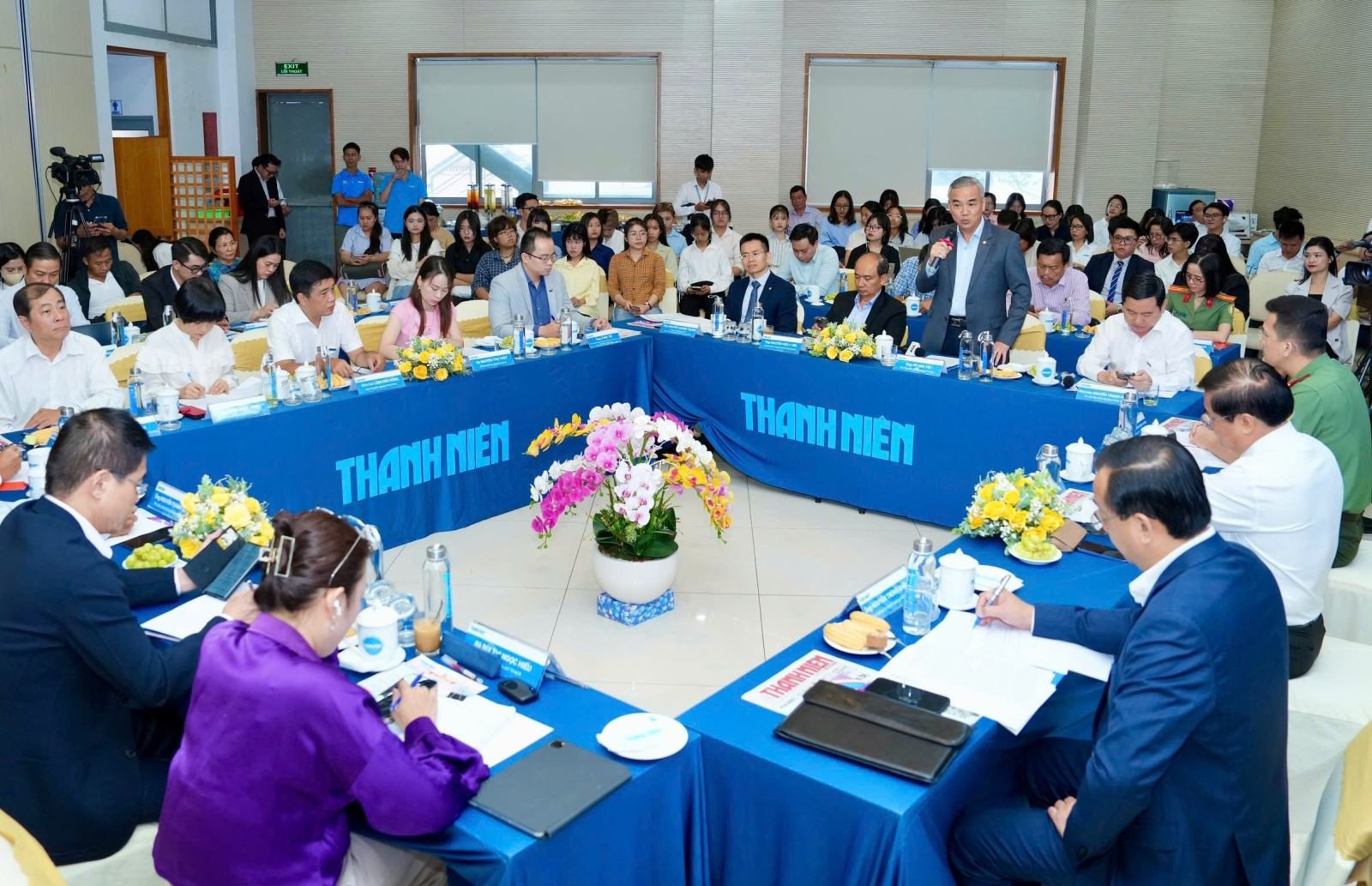
Similarly, Mr. Nguyen Quoc Ky, Chairman of Vietravel Tourism Company, said that visa exemption should be based on analysis of actual data on consumer behavior, spending levels and long-term development potential.
"Specifically, we can prioritize visa exemption for citizens of Germany, France, Italy, Spain, the Netherlands, Sweden, traditional, friendly and stable markets or potential markets from North America such as the US - a country that used to bring more than 900,000 visitors to Vietnam each year before the pandemic with an average spending of about 1,500 USD/person. For the Asian region, China - Vietnam's largest source of visitors, also needs to be included in the visa exemption list soon, especially in the context that Thailand has gone one step ahead by exempting visas for Chinese visitors since 2023. India, Taiwan, Australia and Middle Eastern markets such as the UAE, Israel, Qatar are also highly appreciated thanks to strong spending and high tourism demand," said Mr. Nguyen Quoc Ky.
Market segmentation, flexible policy creation
For the visa policy to be truly effective, tourism experts say that Vietnam needs to clearly classify market groups and cannot have “one policy for all”.
Ms. Nguyen Thu Thuy, Marketing Director of Vinpearl, said that applying separate criteria for each group of tourists is necessary. For example, Australian and New Zealand tourists often choose long-term vacations and are willing to spend on high-end services, which are very suitable for coastal resorts, golf courses, and health care. Meanwhile, Northern European tourists such as Sweden, Norway, and Denmark prefer to explore local culture and pristine nature - strengths that Vietnam can promote.

In addition, according to Ms. Nguyen Thu Thuy, the domestic tourism industry needs to pay attention to emerging markets such as Kazakhstan, Uzbekistan, Mongolia or Kyrgyzstan, where winters last long, people tend to seek warm countries for vacation. Eastern European groups such as Slovakia, Hungary, and the Czech Republic - which are familiar to Vietnam through historical relations - also need to be prioritized in the visa expansion roadmap. In addition, Vietnam can apply the "conditional visa exemption" model, allowing visa exemption for tourists who book package tours, stay at qualified facilities, through reputable travel agencies. This model helps the state control security, while improving the quality of experiences and increasing tourism revenue.
Dr. Luong Hoai Nam, General Director of Bamboo Airways, also believes that Vietnam should exempt visas for the EU, Australia, and New Zealand. For large markets such as the US, China, and India, if they cannot exempt them immediately, they should promote negotiations to grant long-term visas of 5-10 years, creating favorable conditions for customers to return many times. In particular, high-end customers such as MICE customers, private jet customers, VIP resort customers, and those who can spend from 2,000 to 5,000 USD/trip should also be given maximum conditions, including visa exemption or fast visa issuance at the border gate.
Need a comprehensive strategy to break through
From a local management perspective, Ms. Bui Thi Ngoc Hieu, Deputy Director of the Ho Chi Minh City Department of Tourism, said that the current visa policy is causing Vietnam to lose its competitive advantage compared to other countries in the region. Therefore, Vietnam needs to focus on high-end customers, using high-value services to both improve the quality of tourism and reduce pressure on infrastructure.
"Instead of positioning ourselves as a low-cost destination, we need to aim for a luxurious, unique and open image. Visa exemption not only helps attract visitors, but also contributes to creating leverage for the development of related economic sectors," said Ms. Bui Thi Ngoc Hieu.
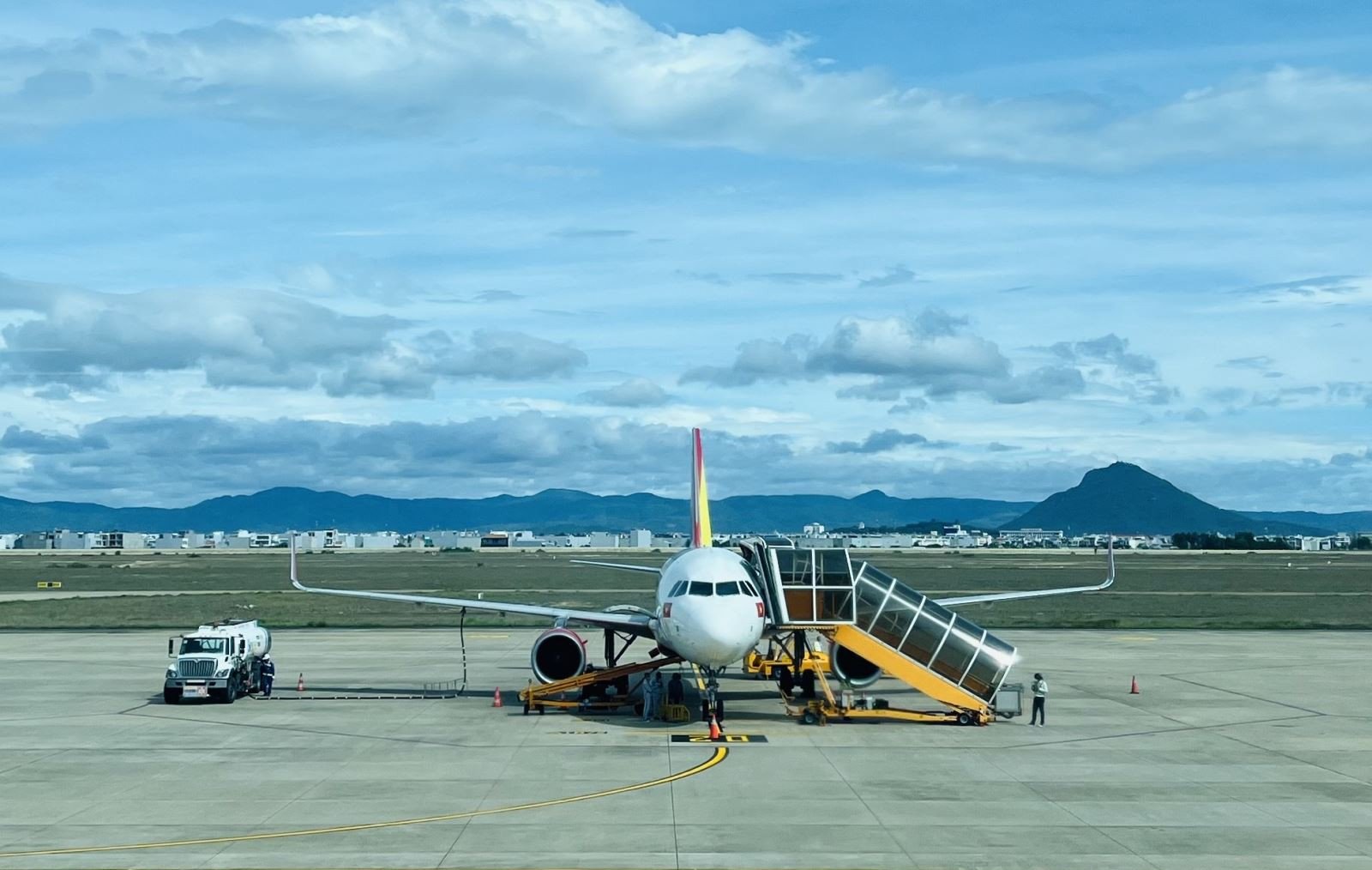
Sharing the same view, Mr. Nguyen Quang Trung, Head of Vietnam Airlines Development Planning Department, said that in the first quarter of 2025, Vietnam welcomed about 6 million international visitors. This is an encouraging number in the recovery period.
"Vietnam should consider exempting short-term visas for key markets such as China, Taiwan, Hong Kong, and India, while increasing the visa-free stay to 90 days for visitors from Europe, North America, and Australia. Particularly for international investors and experts, long-term visas of 1-2 years should be issued to stimulate investment associated with tourism," Mr. Quang Trung proposed.
According to Mr. Nguyen Quang Trung, in the long term, Vietnam also needs a long-term visa strategy, linked to the goal of sustainable tourism development. Instead of just looking at the number of visitors, it is necessary to focus on quality, attracting the right segment, the right market, creating a larger economic value chain. Visa is not just an administrative procedure, but the first "ticket" to bring tourists closer to Vietnam. With a methodical, flexible and open visa strategy, the goal of welcoming 30 million international visitors by 2030 is not too far-fetched a dream.
Source: https://baoquangninh.vn/go-nut-that-visa-chia-khoa-de-viet-nam-don-30-trieu-khach-quoc-te-3355309.html






![[Photo] Prime Minister Pham Minh Chinh meets with US business representatives](https://vphoto.vietnam.vn/thumb/1200x675/vietnam/resource/IMAGE/2025/5/13/5bf2bff8977041adab2baf9944e547b5)

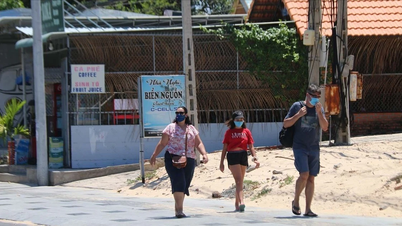

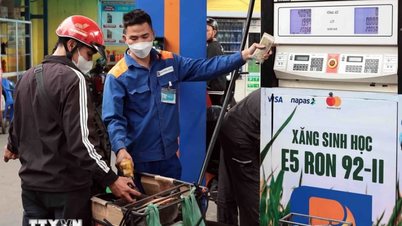
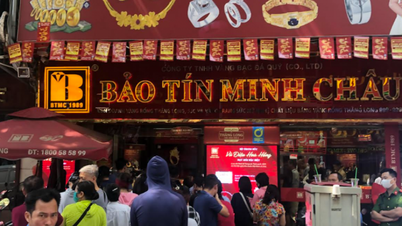

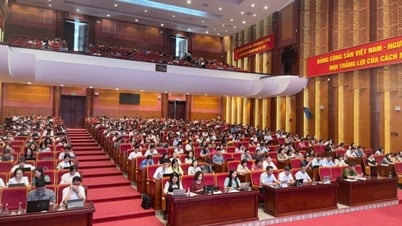






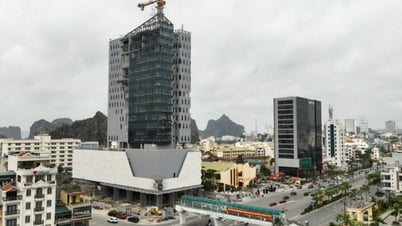
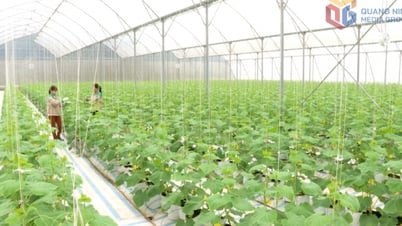

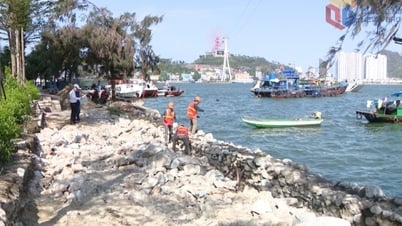



















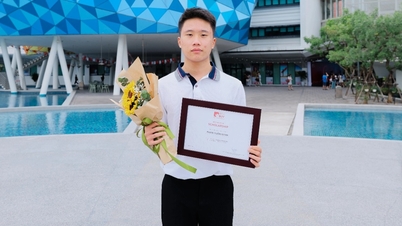














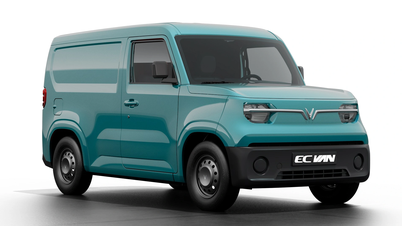







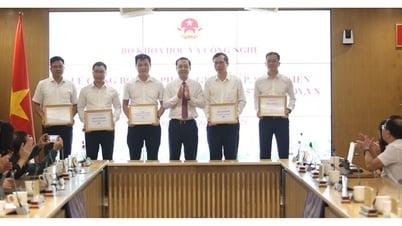

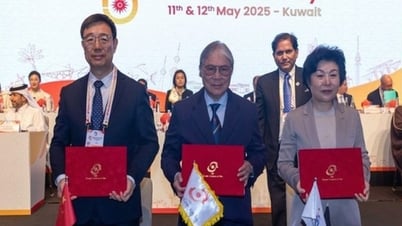



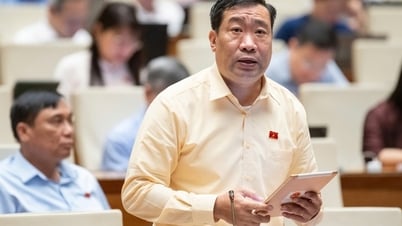
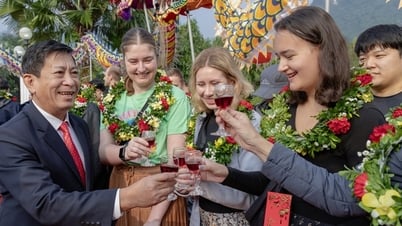




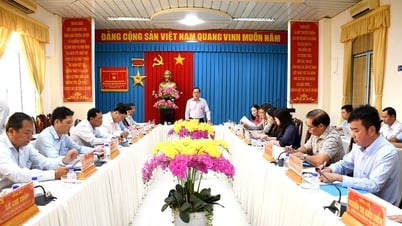


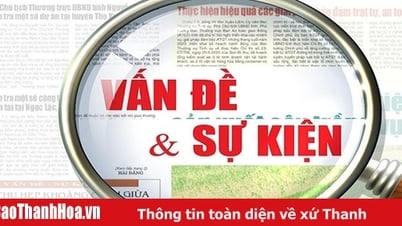














Comment (0)